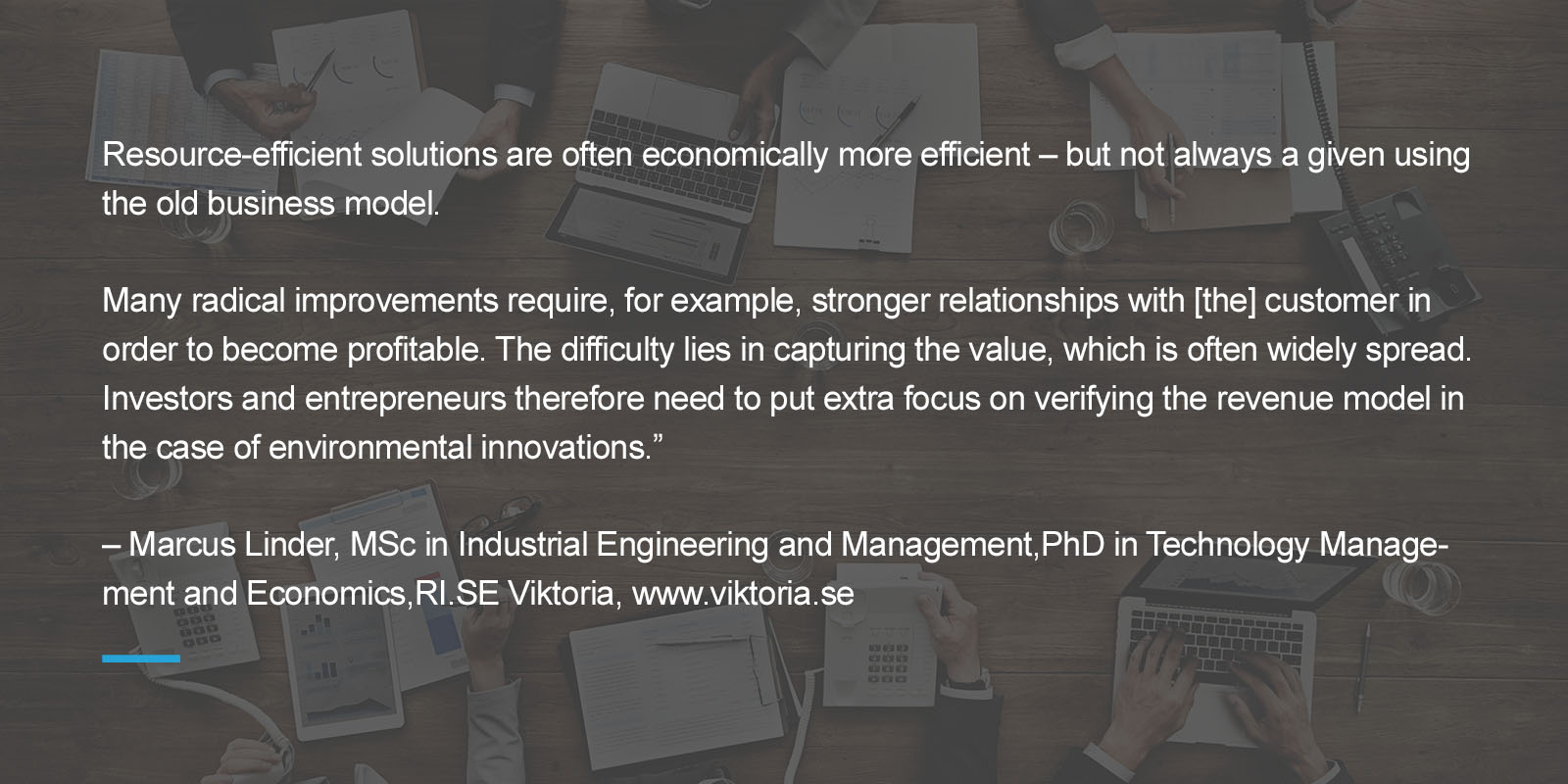As a manufacturer looking for sustainable growth opportunities you may seek new ways to adopt more circular business models. By implementing a circular approach you will extend product lifecycles, recycling secondary raw materials, and increase reuse while focusing on positive society-wide benefits.
It is critical to build sustainability into your business ecosystem to deliver true value but it can be difficult to know where to begin. Here are a few conditions when getting started.
- Develop cooperation among all actors across the value chain
It is difficult to extend the life cycle of a product if all actors across the value chain are not proactively engaged and processes are not integrated. Developing efficient reuse and recycling practices that aim to retain the highest material value requires all actors to take a holistic approach to sustainability by:
- Understanding each phase of the value chain,
- Ensuring collaboration among all actors,
- Defining levels of contribution among each other, and
- Identifying value in each phase.
All actors must agree on the value and understand how it will be measured. This could contribute to more performance-based agreements with all parties working to achieve the best and most-simplified business processes.

- Defend local and global requirements encouraging sustainability
While we see positive growth in divisional economies and second-hand concepts, we also see how certain basic criteria are disregarded by new players. They do not all have the certifications, resources and knowledge required to ensure proper data erasure and/or proper recycling and disposal of electronic products.
We must ensure all actors involved in the reuse and recycling of electronic products follow local and global directives and legislations.
- Highlight good examples that pave the way
Household appliance manufacturer Husqvarna partners with Sims Recycling Solutions (SRS) to extend the life cycle of its products. Husqvarna uses the Sims ReLoop service, which is aimed at companies that manufacture indoor and/or outdoor products containing electronics. The service demonstrates how OEM companies, like Husqvarna, can work closely with suppliers, retailers, customers and recyclers.
Sims ReLoop offers collection, refurbishment, sales and recycling of returned products from Husqvarna retailers, whether brick-and-mortar stores or e-tailers. The service also includes end-customer support from SRS.
We can gain momentum in creating a successful and economical circular economy by connecting more companies together with mutual interests in;
- Keeping resources in use,
- Extracting maximum value from those resources, and
- Recovering and regenerating materials at the end of their useful life.
As more companies work together holistically, new standards will emerge driving circular models with environmental efficiencies and economic value.
Learn more about the circular economy: https://www.simslifecycle.com/global/circular-economy/
